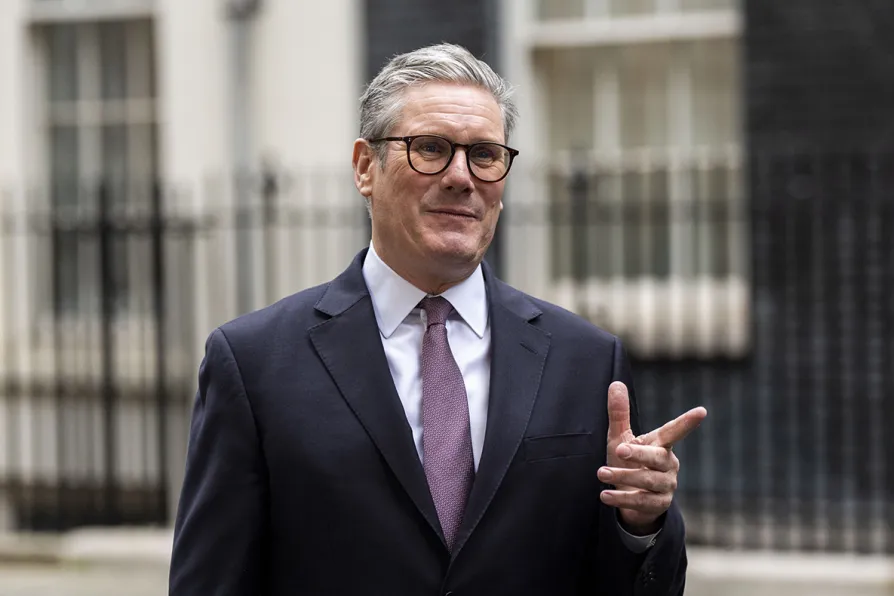Labour planning bosses' insurance hike

 Prime Minister Sir Keir Starmer speaks to the media in Downing Street, London, ahead of a Cabinet meeting, October 15, 2024
Prime Minister Sir Keir Starmer speaks to the media in Downing Street, London, ahead of a Cabinet meeting, October 15, 2024
LABOUR is considering raising employers’ National Insurance contributions in the forthcoming Budget, it has become clear.
Prime Minister Sir Keir Starmer has indicated that he does not regard the levy as covered by his election commitment not to increase taxes on “working people.”
This was stated as covering income tax, VAT and National Insurance, but it did not specifically mention bosses’ contribution to the latter.
Similar stories

Labour accused of ‘balancing the books off the backs of the poor’ in spring spending statement













